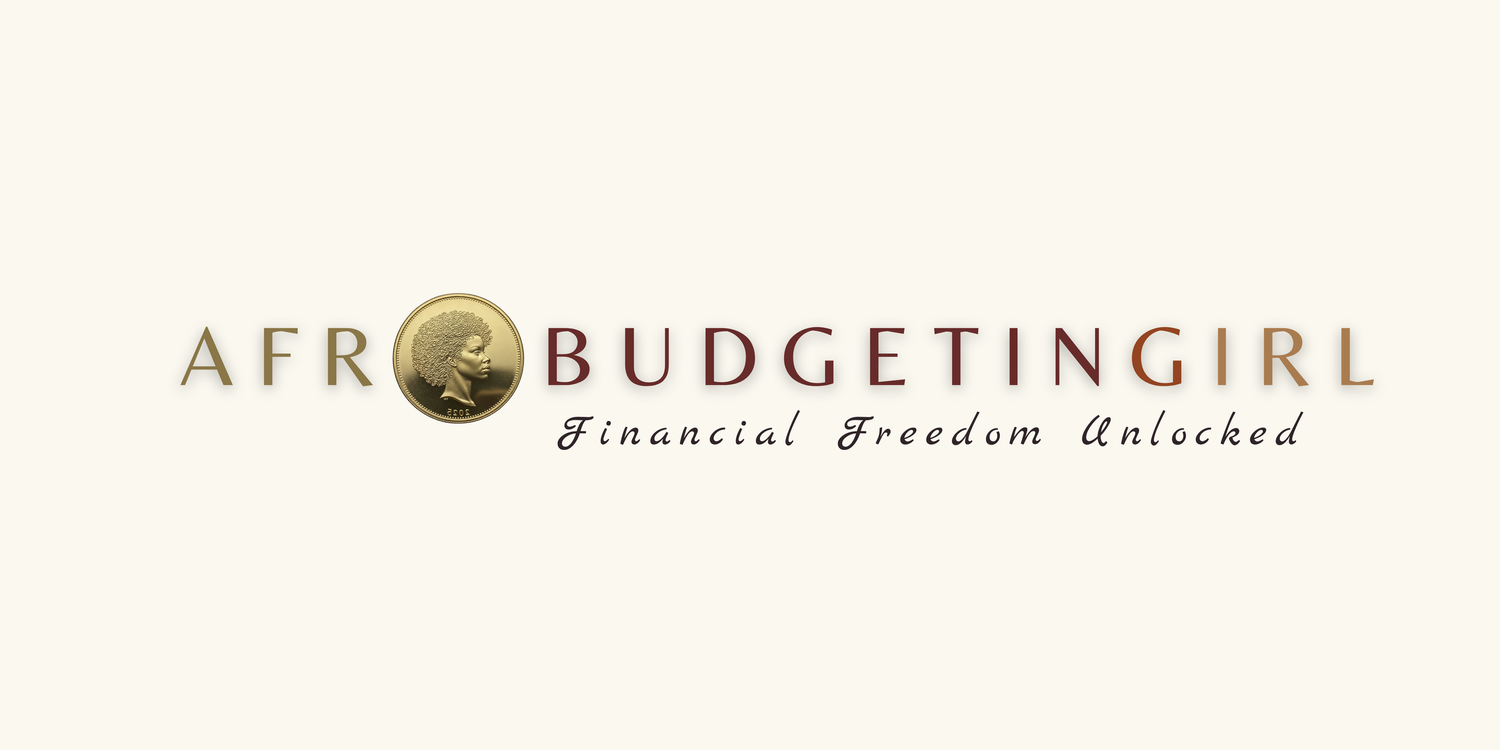Pillow “Money” Talk
The Friday That Changed My Mood
I love the slow rhythm of Fridays in our home. My husband works from his laptop, the kids have shorter school days, and we gather for lunch… a calm transition into the weekend.
This Friday started no differently. I made my celery juice, scrolled through LinkedIn, and within two minutes, my peace evaporated.
The job I had interviewed for , the one I’d been quietly praying for , was reposted.
No message. No follow-up. Just gone.
I set my phone down, but the weight of it lingered. My heart sank. Another opportunity vanished. Another month without income looming. Eight months of job searching and endless waiting had left me drained. I felt powerless.
The Money Talk Routine
Thankfully, my husband and I have a “money rhythm.” Since our early days, we’ve practiced what I call financial transparency.
Every November, we plan the next year’s budget.
Each month, we review where we stand.
Every week, we talk about adjustments.
And when emergencies hit — we face them together.
Those conversations aren’t about control; they’re about connection. Money isn’t a cold topic — it’s an emotional one. It represents safety, trust, and shared goals.
Still, even with our structure, this job rejection felt like a quiet alarm bell. It reminded me how quickly stability can feel fragile.
The Emotional Weight of Money
During COVID-19, many of us faced job losses, income gaps, or unexpected expenses. We learned that financial security can vanish overnight.
Yet, in 2025, many couples still struggle to talk openly about money.
75% of people say financial compatibility is key to a successful relationship.
But 41% wait until engagement or marriage to have serious money talks.
And 1 in 3 couples in the U.S. say money is their biggest relationship stressor.
In France, 40% of couples admit to occasional money fights; in Spain, 20%; in the UK, 14%.
Avoiding money conversations doesn’t protect love, it weakens it. Financial silence is emotional silence.
Finding Strength in Vulnerability
When I lost my job in March 2025, we had one of those heavy, quiet talks. The kind where you face your fears instead of running from them. We restructured our budget. We redefined priorities. We reminded ourselves that one income , though manageable , still meant vulnerability.
I’ve been unemployed before. But this time felt different. More mental. More emotional.
We live in Dubai, a city of dreams, yes, but also of dependence. Here, a job isn’t just a paycheck. It’s your visa, your healthcare, your sense of belonging.
That reality hit me hard.
But I know I’m not alone. Many one-income households, single parents, or families facing health challenges live this same uncertainty.
That’s why financial conversations matter. Not just to plan the future, but to build resilience for when life shifts unexpectedly.
Why AfroBudgetinGirl Was Born
This moment — this job rejection — became the seed for AfroBudgetinGirl.
A space born out of resilience and vulnerability. A place to unpack how life, love, and money intersect.
A reminder that financial awareness isn’t about wealth, It’s about stability. I want to help you:
Map your financial ecosystem.
Design a structure that fits your real life.
Build a lifestyle governance plan that protects your peace and your legacy.
Because money is not the enemy — it’s a mirror.
Let’s Reflect
How do you manage your money?
Do you and your partner talk openly about finances?
Do you ever feel financially vulnerable?
Is money a source of stress — or strength — in your relationship?
If these questions stir something in you, that’s the beginning of change.
I’m AfroBudgetinGirl, and this is my Diary , a space for real stories, honest reflections, and financial empowerment.
Visit my Digital Shop for tools, templates, and resources to help you take control of your money story.
Stay tuned for new Masterclasses to help you build true financial resilience.
Because life will always shift — but your financial peace shouldn’t have to.
If this story resonated with you, keep exploring the Diary — there’s more here to support your financial clarity, boundaries, and purpose. Click here.
Sources: HSBC UK Money in Relationships (2025) | Bunq Neobank Relationship Study (2025) | PBS “Two Cents” Survey
